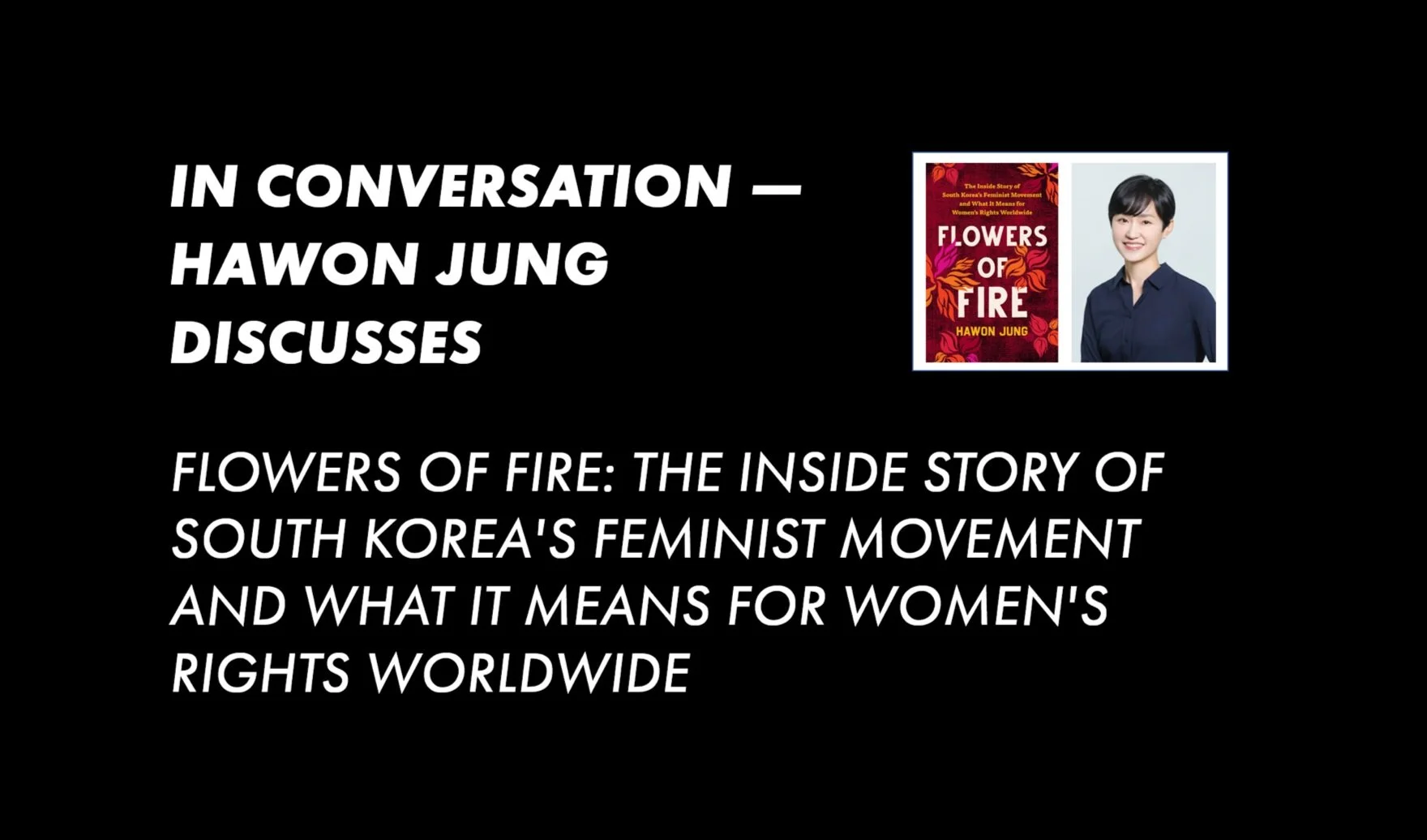Written by Dr Hunter Marston
Despite the opportunity presented by American retrenchment, China lacks the soft power to step in as a natural leader and its economic and political influence continue to be met with suspicion by regional elites.
Read More














